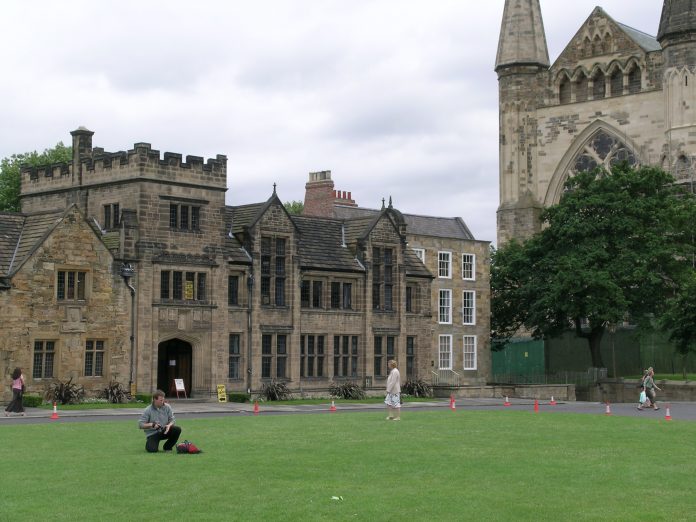Qualified teachers should beat a path to a UK university, says Melanie Butler
Why do universities, on average, outperform language schools? One reason is that they teach better: 78% of accredited university language centres are awarded a strength in teaching by British Council inspectors.
Universities do so well because they employ more highly qualified and experienced teachers. Normally only fully qualified EFL teachers can work in UK universities, which means they must have a first degree, an initial certificate, at least two years experience and a diploma. Most universities also look for a master’s degree
By contrast, in the average language school, most teachers just have the initial certificate.
Research shows that the biggest factor in how fast you progress is not the class size or the method of teaching, it’s the quality of the teacher. There is a small number of great language schools with a fully qualified, highly experienced faculty, but many teachers prefer the cachet of working for a university.
Then there is the money. Both universities and language schools hire teachers on an hourly basis. According to the University and College Union, the bottom rate per classroom hour is £15, which is also the average hourly rate for language school teachers.
However, for every hour you teach at a university, they pay an extra hour and a half for all the other things a teacher has to do: assessment, administration, meetings, professional development and, above all, lesson preparation and marking. So before tax, the minimum you can earn per hour you teach is £37.50.
Many language schools actually deduct money from teachers for breaks between lessons, typically 15 minutes in every hour. So the teacher is paid £11.25 for 45 minutes of lesson and nothing for the break. And as for administration, meetings, etc, they often don’t get paid for that either.
In the summer, both language schools and universities offer short-term contracts. The money advertised is often similar, but the difference in hours is huge.
This year, one summer school provider is currently advertising for fully qualified teachers to work as academic managers, offering £670 a week plus free food and accommodation. For that, the staff are expected to work 72 hours plus 8 hours a night on call for emergencies.
If they have experience teaching academic English, the same teacher can earn £650-£750 plus free accommodation at a university. There they’ll work 37.5 hours a week, which includes 20 hours teaching. The competition for such jobs is fierce and the ads are going up now on jobs.ac.uk and the BALEAP website.
Who do you think will get the best teachers?







